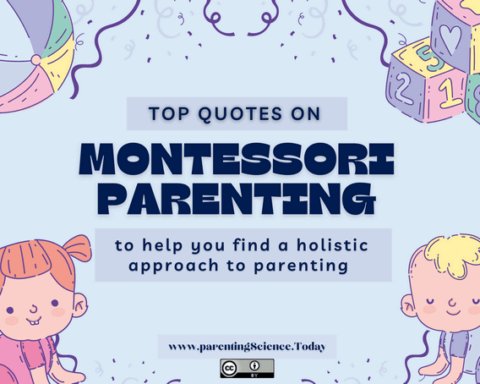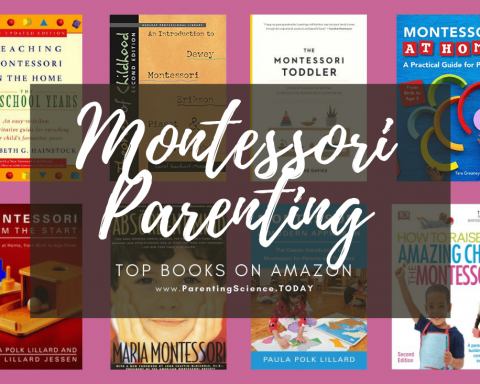Montessori parenting is a child-led approach to raising children that is based on the principles of the Montessori method of education. Developed by Italian physician and educator Dr. Maria Montessori, the Montessori method emphasizes independence, self-directed learning, and hands-on exploration.
In Montessori parenting, parents create a child-friendly environment that allows their children to learn and explore independently. They provide open-ended toys and tools, like blocks and puzzles, that encourage problem-solving and creativity. They also focus on practical life skills, like cooking and cleaning, to help children develop independence and self-confidence.
Montessori parenting emphasizes respect for the child and for others. Parents model kindness and empathy, and encourage their children to do the same. They also use natural consequences instead of punishment to teach children about cause and effect.
Another key aspect of Montessori parenting is fostering a love of learning. Parents encourage their children to follow their interests and passions, and provide opportunities for hands-on learning and exploration.
Here are ten Montessori parenting tips for raising independent and confident kids:
- Encourage your child to do things for themselves: Montessori parenting is all about fostering independence. Encourage your child to do things like getting dressed, making their own snacks, and cleaning up after themselves.
- Create a child-friendly environment: Set up your home to allow your child to explore and learn independently. Have child-sized furniture and tools, and make sure everything is accessible to them.
- Focus on practical life skills: Practical life skills like pouring, washing, and cooking are important for developing independence and confidence. Encourage your child to help with household tasks whenever possible.
- Follow your child’s interests: Montessori education is child-led, and the same goes for Montessori parenting. Follow your child’s interests and provide them with opportunities to explore and learn about the things they are curious about.
- Use natural consequences instead of punishment: Instead of punishing your child for misbehavior, use natural consequences to teach them about cause and effect. For example, if they spill their drink, have them clean it up themselves.
- Provide open-ended toys: Open-ended toys like blocks, puzzles, and art supplies allow for creative play and encourage problem-solving skills.
- Emphasize respect and kindness: Montessori parenting emphasizes respect for the child and for others. Model kindness and empathy, and encourage your child to do the same.
- Limit screen time: Montessori education focuses on hands-on learning, and the same should be true for Montessori parenting. Limit your child’s screen time and encourage them to engage in physical, creative, and social activities.
- Allow for unstructured play: Unstructured playtime allows your child to explore and learn at their own pace. Give them the time and space to play freely without interference.
- Foster a love of learning: Montessori education emphasizes a love of learning, and the same should be true for Montessori parenting. Encourage your child to explore the world around them and to follow their passions and interests.
Overall, Montessori parenting is a child-centered approach to raising children that emphasizes independence, self-directed learning, and respect for the child.













